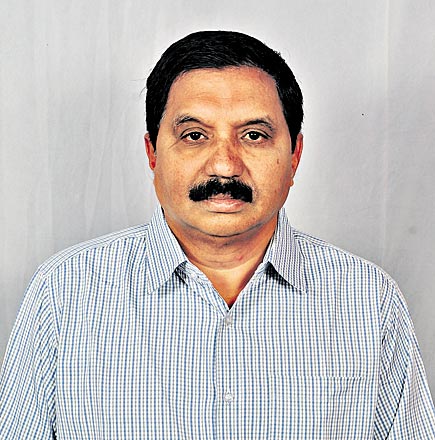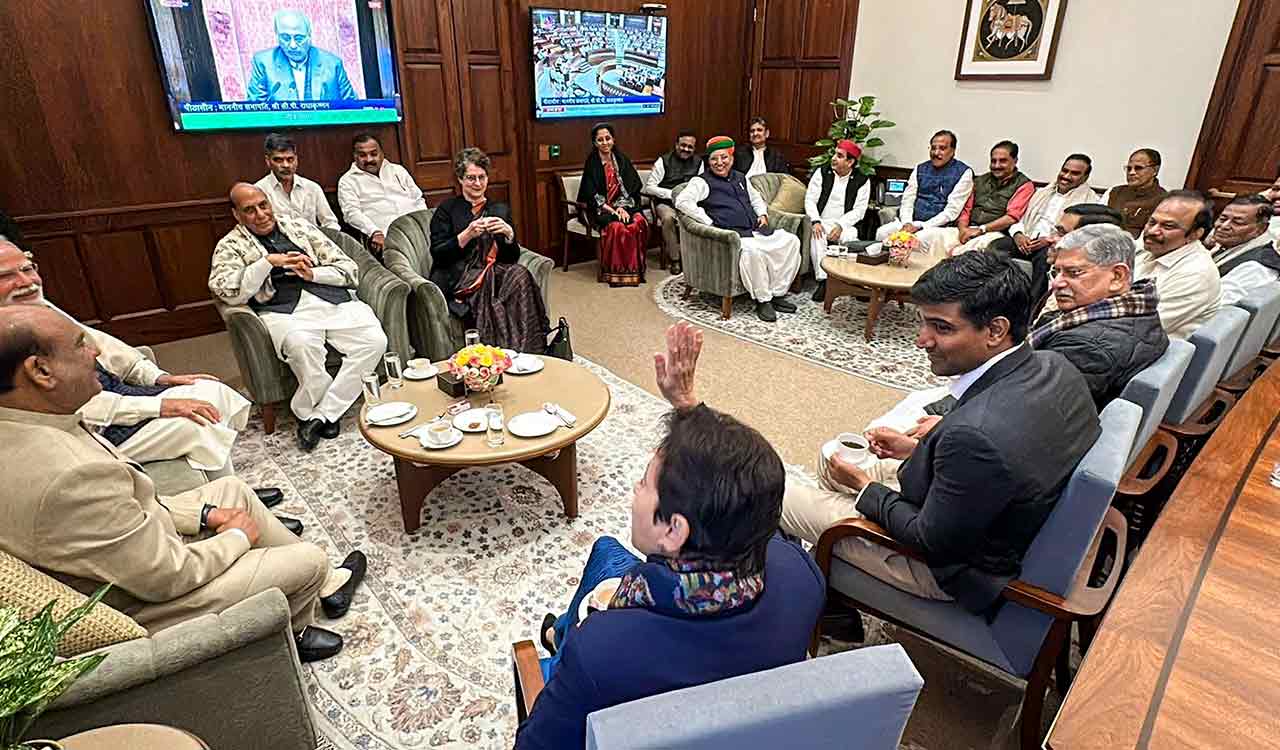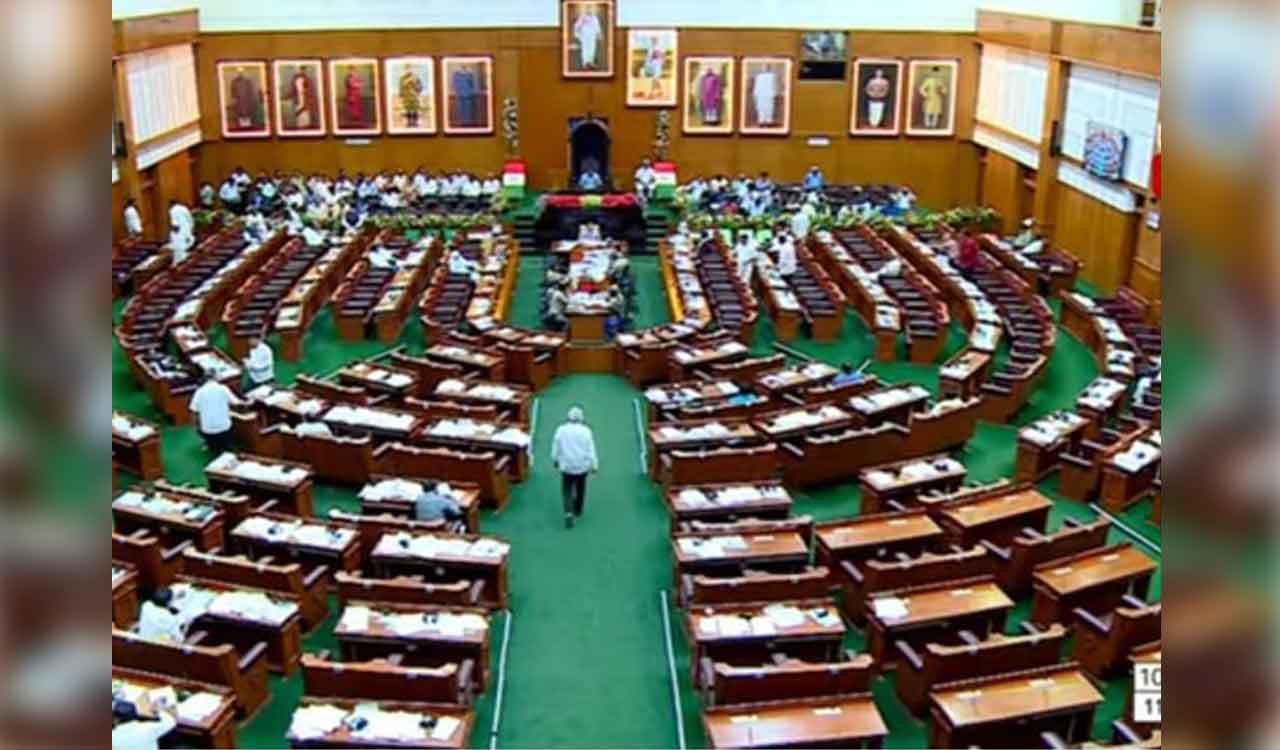Invoke emergency powers of Patents Act
The Centre can use its powers under Section 92, 100 & 102 of the Patents Act to increase production of Covid vaccines

Vaccination is the only solution to mitigate the ferocity of Covid-19. Government statistics show that we are unable to proceed full-steam with vaccination due to a shortage of vaccine production.
Two vaccines — Covishield and Covaxin — both indigenously manufactured, have been authorised, and till recently, the Central government was the sole purchaser of these two vaccines. Now, State governments and private players have been permitted to purchase directly from the manufacturing companies.
The main reason for the shortage of vaccines is that the two manufacturers are unable to produce as much as is the demand. In the light of this scarcity, the Central government has to take steps to see that other companies too can manufacture these vaccines.
Patents Act
The most important instrument of the government in organising society and protecting citizens is legislation. The legislature while enacting laws incorporates certain provisions anticipating certain situations. If an Act is made for a particular purpose, certain provisions would be inserted in the Act conferring power upon the Central or State governments to initiate certain steps in cases of a particular situation though the same may be inconsistent with the main purpose of the legislation. Such provisions cannot be allowed to remain redundant.
The Patents Act, 1970, provides for the grant of patent rights in relation to the products manufactured in India. The main objective is to protect the intellectual property rights of the inventor. India is also a signatory to many international arrangements with the objective of strengthening its patent law in tune with the best practices prevailing across the world. India is a signatory to the Trade-Related Intellectual Property Rights (TRIPS) too.
The Patents Act, 1970, was amended in accordance with the TRIPS agreement. However, the TRIPS agreement also recognised the rights of the respective member countries to adopt measures for public health and other public interest reasons to prevent any abuse of intellectual property rights. In the background of vaccine scarcity, the Central government can invoke the provisions of this to issue licences to other manufacturers to produce these vaccines.

Photo: PTI
Supreme Court Order
The Supreme Court passed an order on April 30, 2021, in a suo moto (civil) No.3 of 2021 dealt with the distribution of essential supplies and services during the pandemic. Section F of the said order relates to vaccines. The SC also examined the potentiality of compulsory licensing for vaccine and essential drugs. It took note of the fact that several drugs that are at the core of Covid-19 treatment protocol are under patents in India.
The apex court noticed that the Central government had issued a communication to the Council for Trade-Related Aspects of Intellectual Property, which stated that there were several reports about intellectual property rights hindering timely provisioning of affordable medical products to the patients. The said communication also reported that some members of the World Trade Organization had carried out urgent amendments to their national patent laws to expedite the process of issuing compulsory/government use licences.
Provisions of Patents Act
Various provisions of the Patents Act, 1970, were examined by the Supreme Court, more particularly Section 92, which envisages the grant of compulsory licence inter alia in circumstances of national emergency and extreme urgency. The SC observed that once a declaration of national emergency is made, and the relevant patents notified, any person interested in manufacturing the drug can make an application to the Controller General of Patents, who can then issue a compulsory licence.
The court also examined the scope of Section 100 wherein the Central government can authorise certain companies to use any patents for the purpose of the government, and Section 66, which contemplates that the Central government is entitled to revoke the patent in public interest. Similarly, the corresponding provisions of the TRIPS agreement were also examined. The Supreme Court finally held that the Central government could possibly consider compulsory licensing and government acquisition of patents.
Best Choice
The court clarified that it was up to the Central government to choose the best possible measures, which can be taken during the crisis, keeping in mind that public interest is of paramount importance. The court specifically held at Para No. 55 that the Central government can consider its powers under Sections 92, 100 & 102 of the Patents Act, 1970, to increase the production of essential drugs to ensure that it is commensurate with the demand.
So the Central government by itself has to explore various measures to be taken as indicated by the Supreme Court. However, till now, it appears that no steps have been initiated in the light of the Patents Act, 1970, for enhancement of production of vaccine. The rate of vaccination has also come down. The Central government has to respond immediately and take initiatives as per the directions issued by the Supreme Court.
(The author is advocate, High Courts of AP and Telangana)
Now you can get handpicked stories from Telangana Today on Telegram everyday. Click the link to subscribe.
Click to follow Telangana Today Facebook page and Twitter .
Related News
-
Kerala HC to hear pleas on The Kerala Story 2 release
26 seconds ago -
Bride shot at on wedding stage by alleged lover in Buxar
4 mins ago -
Ajit Pawar crash: Rohit Pawar seeks probe, files complaint
12 mins ago -
Meghalaya reports highest HIV cases, over 10,000 on treatment
14 mins ago -
Tolichowki police arrest bike thief, recover two stolen motorcycles
28 mins ago -
Mindspace Madhapur to get 330-key luxury hotel by Chalet Hotels
40 mins ago -
Jagathgirigutta police arrest burglar, recover 14 tolas of gold
49 mins ago -
University of Hyderabad invites applications for 13 PhD programmes
60 mins ago



